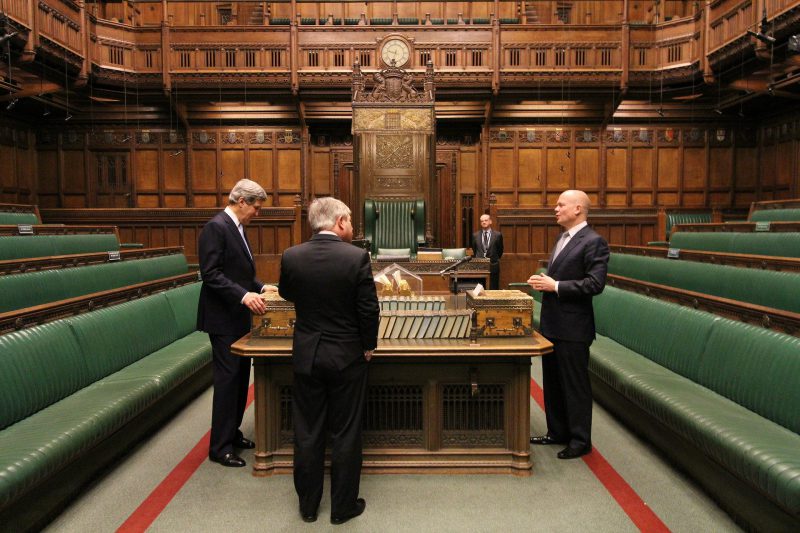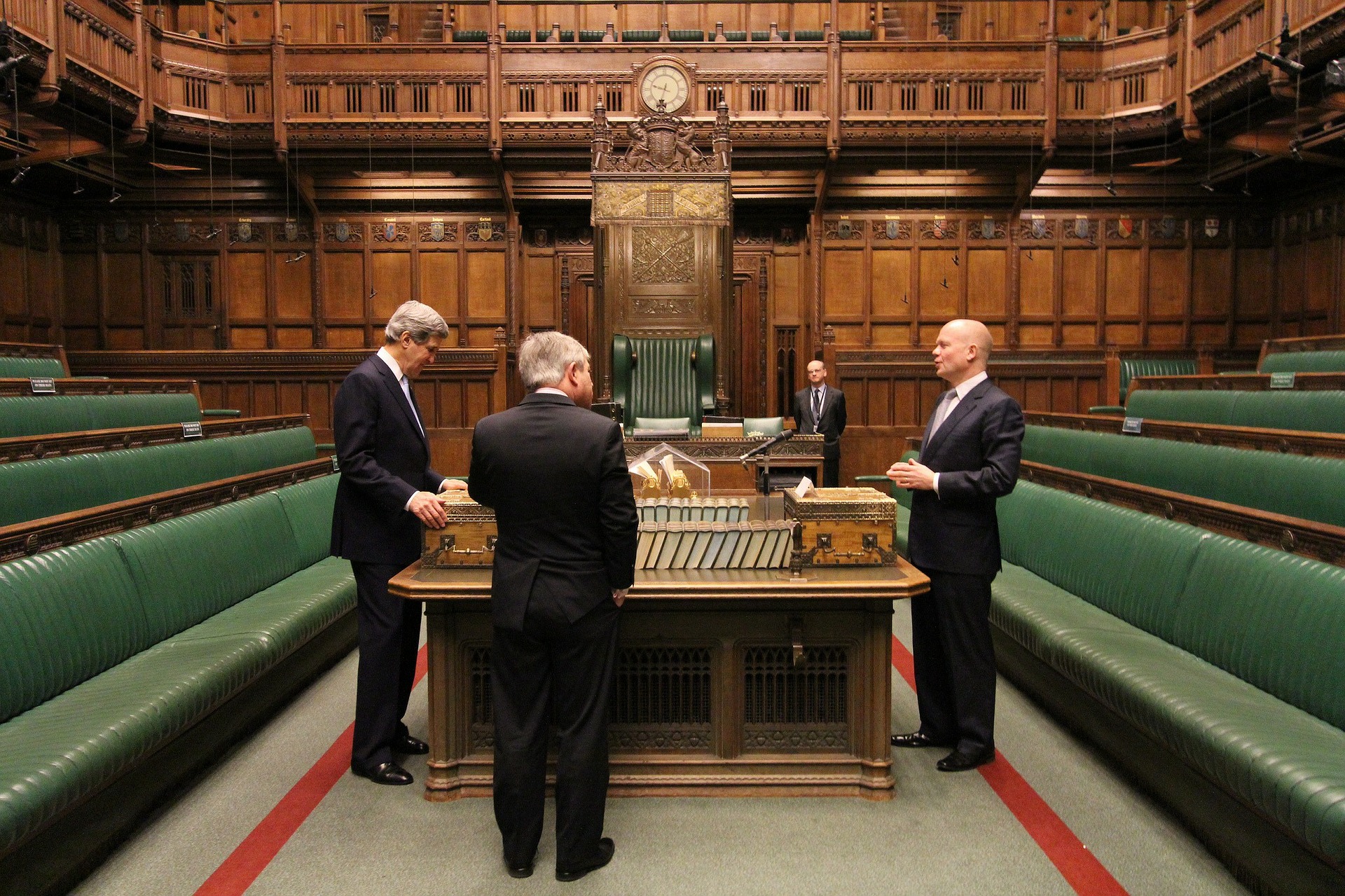We have had a reply to the VAT petition from the Treasury. See below for the full wording.
Interestingly it shows that the UK government fought against the VAT rises with the EU but were defeated by the Court of Justice of the European Union siding with the European Commission.

The devil is always in the detail, and so we shall review the words in this and related published documents in detail over the next couple of weeks to see if there is any wriggle room for any eco products. We’ll let you know what we find…
Full wording received from the Treasury 2nd August 2019
The Government is committed to greening our economy and designed the changes for energy-saving materials to retain as much of the VAT relief as possible for UK households, while complying with EU law.
Under UK VAT rules, most goods and services are subject to VAT at 20 per cent. There are some reliefs but these are strictly limited under EU law. One such relief is the 5 per cent reduced rate for the installation of certain energy-saving materials such as insulation, solar panels, and other technologies in residential accommodation. This VAT relief aims to lower the cost for consumers and families of installing these energy-saving materials in their homes.
In 2011, the European Commission launched infraction proceedings against the UK, arguing that the scope of the UK’s reduced rate for energy-saving materials was too wide. The Government did not agree with the infraction and the matter was subsequently referred to the Court of Justice of the European Union. In 2015, the Court of Justice of the European Union agreed with the European Commission and found that the scope of the UK’s reduced rate for energy-saving materials was too wide.
The Government held a public consultation on proposed changes to the reduced rate. This included proposals to remove the VAT relief from the installation of solar panels entirely. This would have potentially affected 40,000 installations per year and had a significant impact on those wishing to invest in sustainable energy solutions.
Following a consultation on the proposed changes in 2016, the Government recognised the concerns of consumers and industry and following further discussions with the European Commission reached agreement to scale back the changes. This means that as much of the VAT relief as possible will be retained for UK households, while complying with EU law.
The amendments will:
- Maintain the reduced rate on all installations of energy-saving materials for recipients who are aged 60 or over, or on certain benefits, for relevant housing associations, and where the installations are in buildings used for relevant residential purposes such as care homes and children’s homes;
- Remove the reduced rate for the installation of wind and water turbines; and
- Maintain the reduced rate for all other installations of energy-saving materials in residential accommodation where the cost of the materials does not exceed 60 per cent of the total cost of the installation.
The changes will take effect from 1 October 2019.
HMRC consulted on the technical detail of the changes in April 2019. While recognising that industry groups wished for the relief to be maintained in full, there was acknowledgement that the Government is required to make the changes under EU law.
The Government does not expect the changes to have a significant impact on the industry or consumers wishing to install energy-saving materials in their homes. Around 1,500 future installations of solar panels, energy-saving boilers and wind turbines are expected to be affected annually, plus some other smaller scale items. This represents less than 5 per cent of the value of all installations currently eligible for the reduced rate.
It is important to be clear that this action is the result of the requirement to apply EU law. While the UK remains a member of the EU, the Government is obliged to make these changes. However, the Government remains committed to greening the UK economy. As all taxes are kept under review, it may be possible to amend these rules once the UK has left the EU.
HM Treasury.




